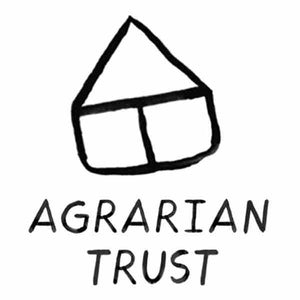
Creating a National Farm Commons
Over 400,000,000 acres of U.S. farmland will change hands over these next two decades while next generation farmers struggle to secure tenure and afford farmland.
The Problem
While our national movement toward regenerative agriculture, local and sustainable food production, and ecological stewardship grows, the pace of farm transition exceeds capacities and abilities to meet the conservation, transfer and legacy needs of farms; leaving them vulnerable to loss. The national average age of farmland owners is over 65, causing the transition of over 400,000,000 acres of U.S. farmland in the next 20 years. At this same time, next generation farmers struggle with secure tenure, equity, and to afford farmland. Innovative and replicable models are urgently needed to address this farm transfer challenge.
Investment, employment, businesses, equity, and people are leaving rural communities. Long operating CSA farms, "legacy farms", have created localized models of success in bringing together investment, employment, business, and people. The future of these legacy farms will have a great impact on many rural communities future. These legacy farms are facing the same farm transition reality, creating the need to address equity and the future of the farm and the farm community. Innovation and replicable models are urgently needed to create community equity and commons ownership.
The Solution
Agrarian Trust, a national 501c3 land trust with the mission of supporting land access for the next generation of farmers, is working with the Sustainable Economies Law Center to develop innovative approaches to address farm transfer and community ownership: a national Farmland Commons. This innovation would first launch as a novel approach in Appalachia and the Northeast regions developing multiple local Farm Commons, a 501c2 land-holding entity that will serve the communities.
These local Farm Commons will strategically acquire fee ownership of sustainable legacy farms that practice regenerative food production agriculture, community engagement, and education. The Farm Commons will own farms as community assets that provide long-term, secure, affordable, and equitable tenure to farmers and community organizations while mandating protection and regeneration of soil, water, and ecological health.
This project also supports learning, sharing, and collaborating with social and racial justice organizations, religious communities, land trusts and any other 501c3 nonprofit interested in owning land across the nation in similar 501c2 farm commons structures.
Stage of Development
- Early Stage
- Established Prototype
- Scaling
- Other
Organization to Receive Funds
Agrarian Trust










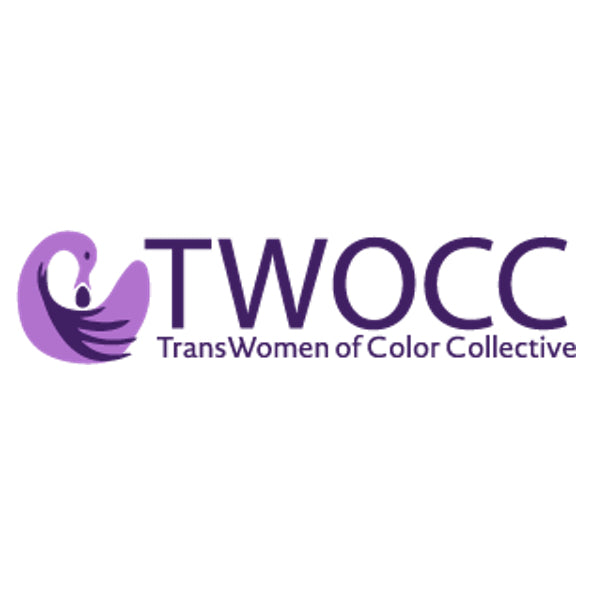
















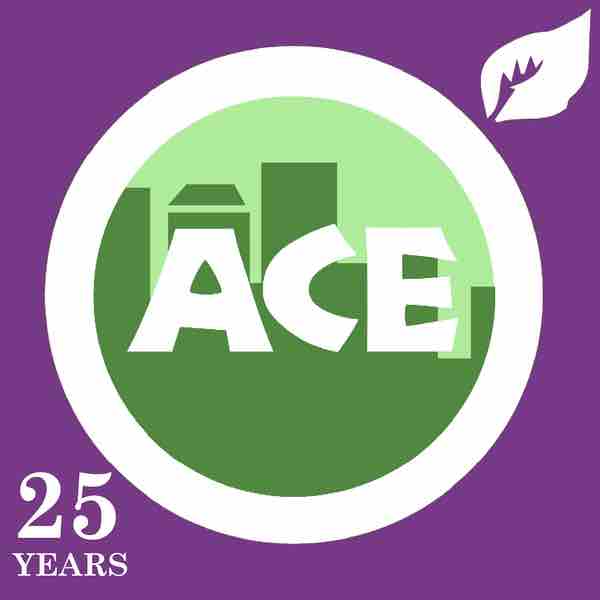

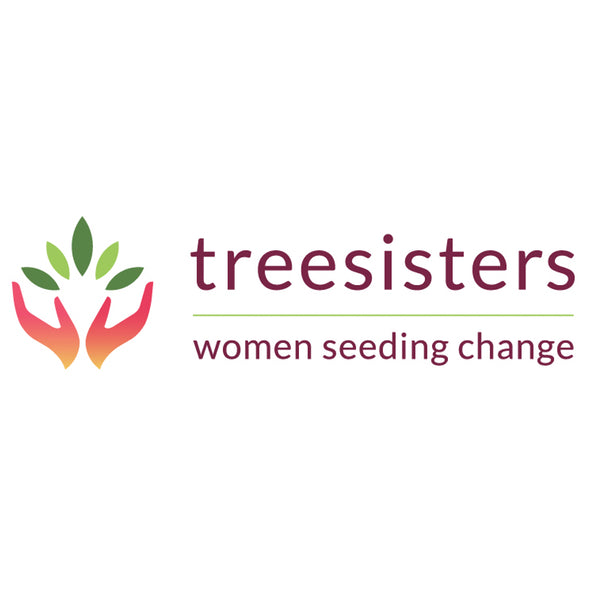



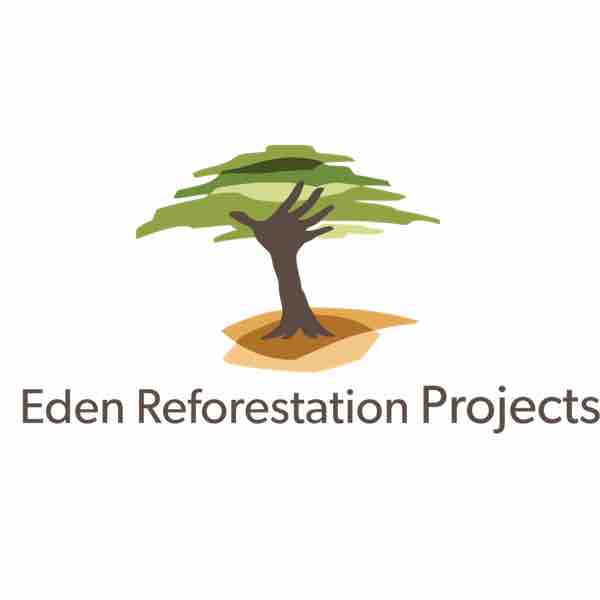








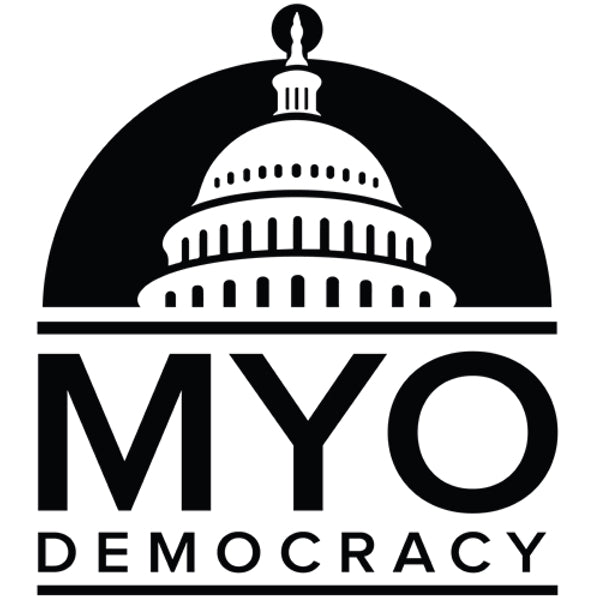



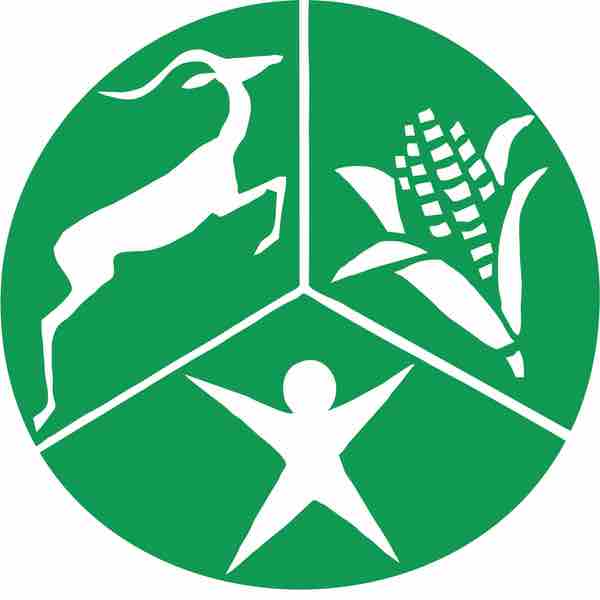


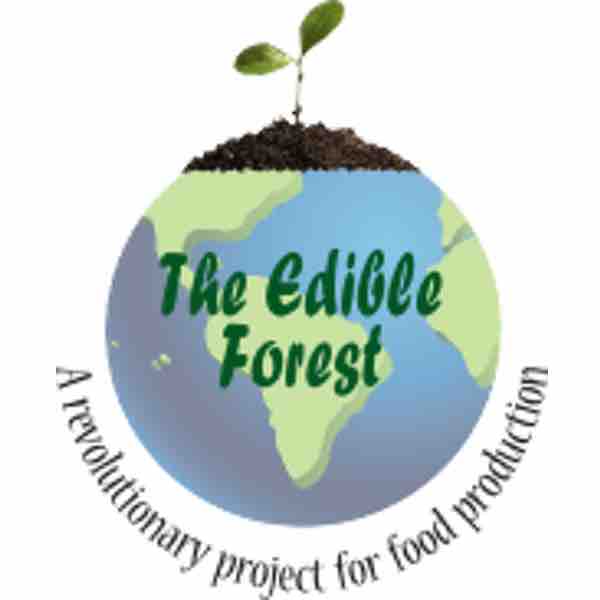






Join The Discussion